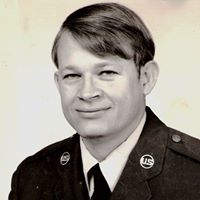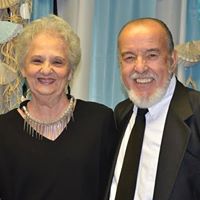What words finish this line of song lyrics: “Now, if I had the wings of an angel…”?
In the aptly named “Prisoner’s Song”, the singer laments his situation behind bars. The last verse goes, “Now, if I had the wings of an angel, over these prison walls I would fly. And I'd fly to the arms of my poor darlin'. And there I'd be willin' to die.” The original author of the song may never be known, but he is thought to have served time behind bars.
In 1924, Vernon Dalhart (4/6/1883 – 9/14/1948) copyrighted the song in the name of his cousin, Robert Massey. Dalhart heard the song from his cousin, Guy Massey, when Massey was his guest. Massey said that he had heard it from his brother, Robert Massey, who may have served prison time. Born Marion Try Slaughter in Jefferson, Texas, Slaughter worked as a cowhand in two Texas towns, Vernon and Dalhart, during his early teens, after his father had been murdered when Marion was 10. Mr. Dalhart was educated in classical music. He married in his late teens and moved his family to New York City, where he occasionally worked on the stage.
In 1916, Mr. Dalhart was hired to make music for Edison Records. Working for the Victor Talking Machine Company in 1924, Dalhart’s cover of the ballad “The Wreck of the Old 97” was destined to become a hit. When the company asked Dalhart if he had a preference for the record’s B-side, the singer chose “The Prisoner’s Song”.
More Info:
en.wikipedia.org








